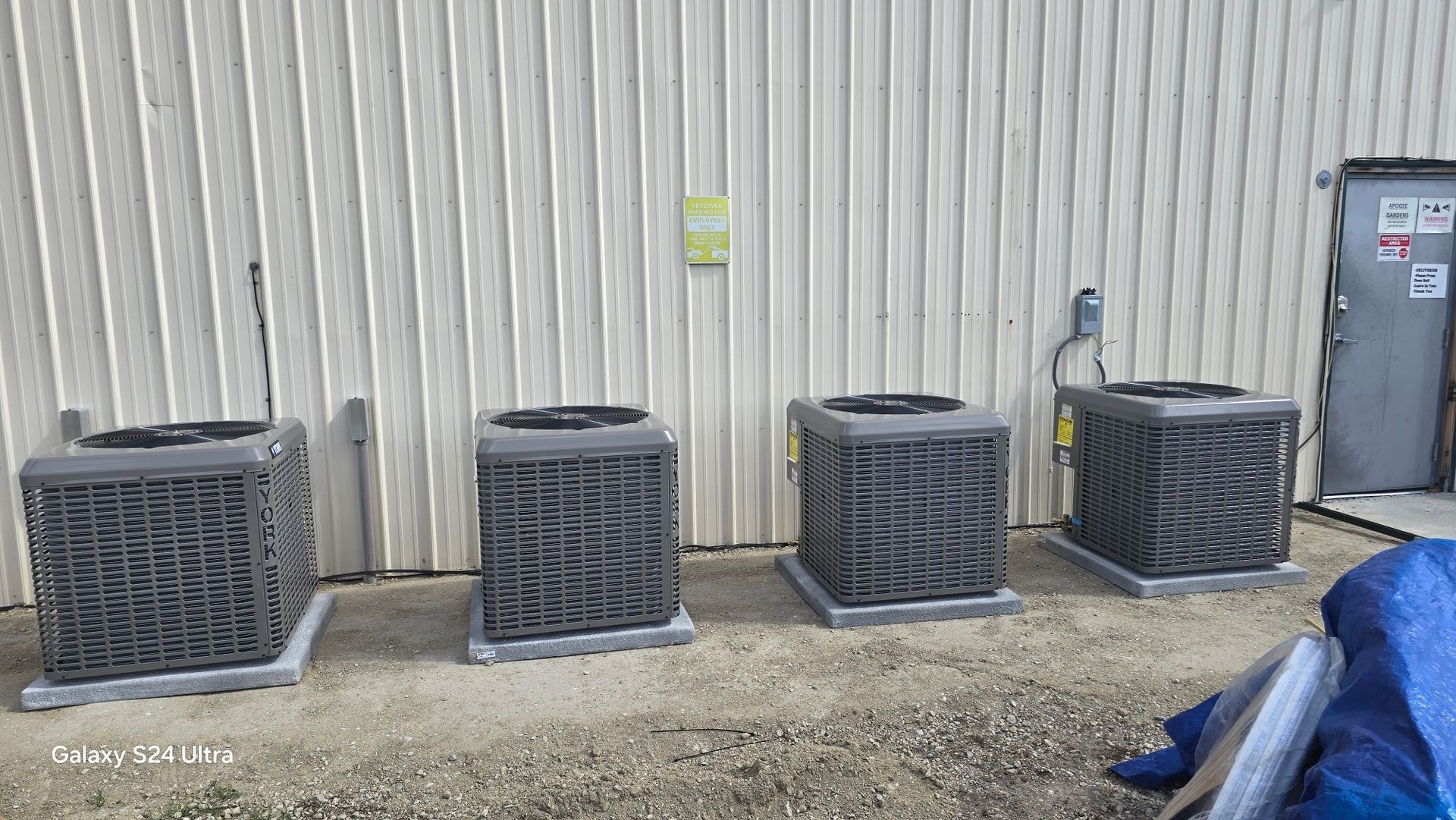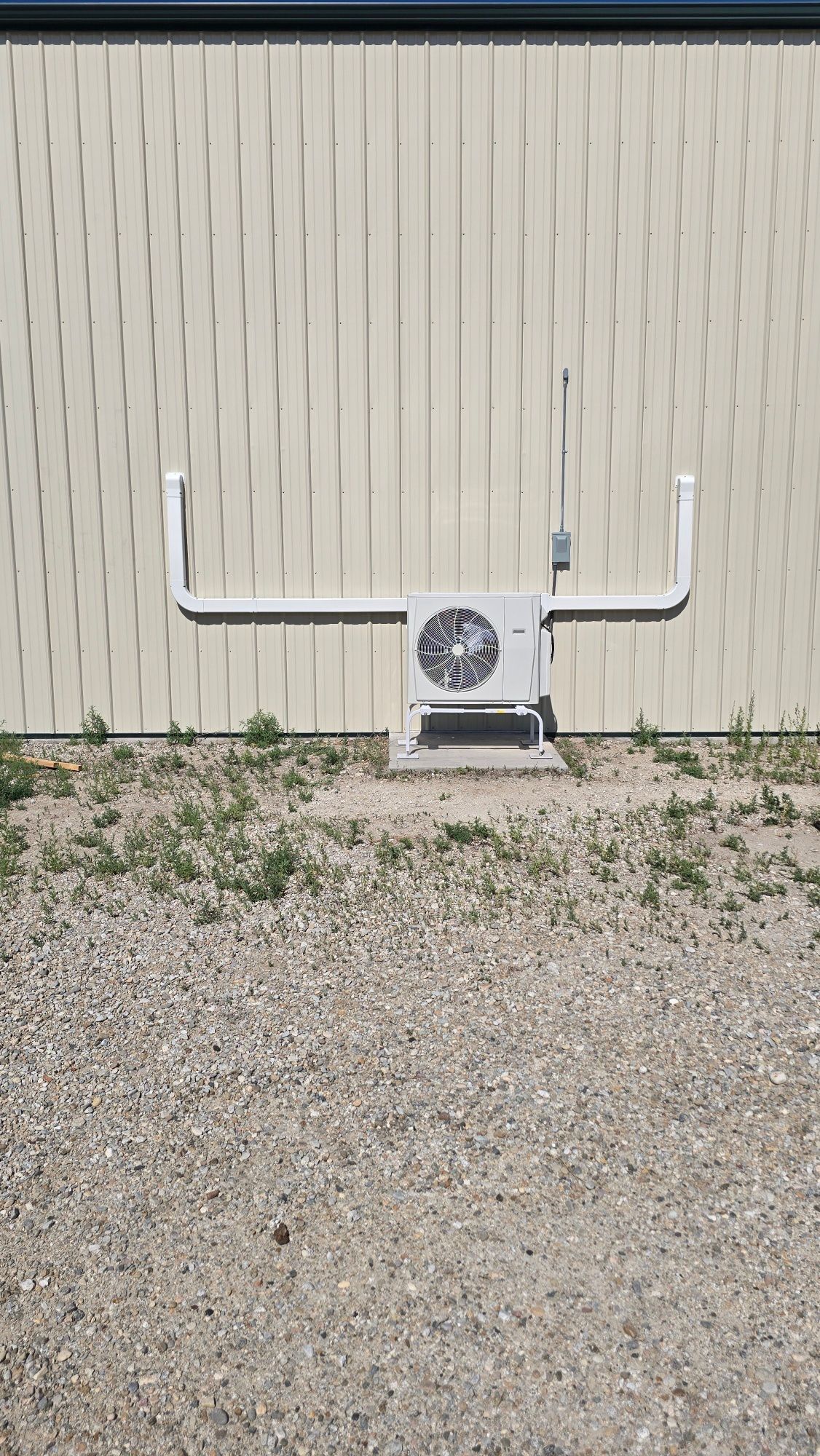HVAC Zoning: Creating Comfort In Every Room
Not all parts of your house need the same kind of temperature. HVAC zoning is a revolutionary system that allows you to control the temperature in different areas of your home independently. It is useful to a great degree for homes with multiple floors, open floor plans, or rooms with varying heating and cooling needs. When you zone the HVAC system on your property, you can create a more comfortable and energy-efficient living environment.
Understanding HVAC Zoning
HVAC zoning involves dividing your home into separate zones, each with its own thermostat. These thermostats can be controlled independently, allowing you to set different temperatures for different areas of your home. You could set a warmer temperature in the bedrooms at night while maintaining a cooler temperature in the living room during the day. It helps people with different temperature requirements to enjoy their respective spaces with the regulator to dial down or turn up the temperature.
Benefits of HVAC Zoning
HVAC zoning allows you to create a more comfortable living environment by changing the temperature in each room to suit the person's needs. This can help to eliminate hot and cold spots in your home. When you allow the heating or cooling of only those areas of your home that are in use, you can significantly reduce your energy consumption and lower your utility bills. HVAC zoning systems can help to improve indoor air quality by allowing for better airflow and reducing the accumulation of pollutants. When you have a well-zoned HVAC, you can expect the value of your home to go up.
Types of HVAC Zoning Systems
Multi-Zone systems use multiple air handlers or fan coil units to deliver conditioned air to different zones. They are ideal for homes with multiple floors or complex layouts. Duct Zoning dampers are installed in your ductwork and can be controlled to regulate airflow to different areas of your home. They are a more affordable option than multi-zone systems but may not be as effective for homes with large temperature variations. Bypass dampers are used to bypass certain areas of your home when they are not in use. This can help to improve energy efficiency.
Factors to Consider When Zoning Your HVAC System
There will come a time when you need to decide how to zone your HVAC system. When you hire experts, they will tell you there are several factors to consider. The layout of your home will determine the best type of zoning system for you. You must take into consideration how you use different areas of your home throughout the day and night. There are varied costs when it comes to the zoning system, so you need to tell experts your budget. A lot depends on the local climate too.
Professional Installation
It's recommended to have your HVAC system zoned by a professional. They can assess your home's needs and recommend the best type of zoning system for you. They can also install the system correctly to ensure optimal performance. To ensure that your HVAC zoning system is working properly, it's important to maintain it regularly. This includes changing air filters, cleaning ducts, and calibrating thermostats. Involve an expert who will help you in this whole process.




